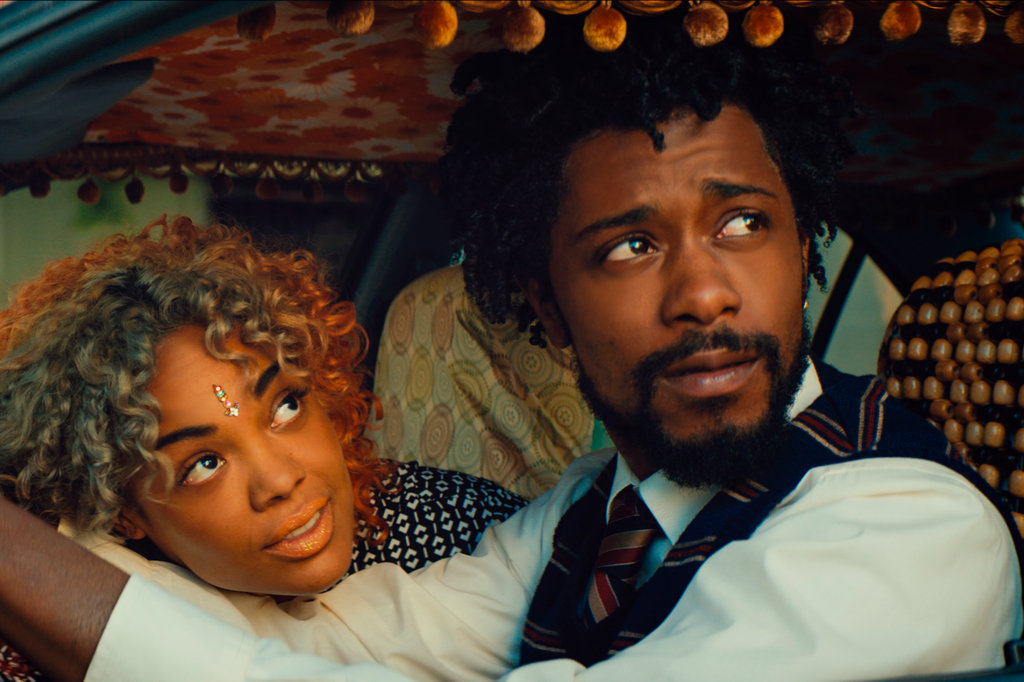The national resurgence of the Black Lives Matter movement in the wake of the death of George Floyd is many things. While both a stunning show of community and evidence of how much further America has left to change, the BLM movement is blazing the trail to equality and accountability, especially when it comes to police brutality. Amidst cries of criminal justice reform or references to court cases and laws of decades past, there is no shortage of information that accompanies the movement.
Burnout or feeling generally overwhelmed seems to be common for new allies and that’s okay. I know that I’ve struggled with finding a balance between fighting for justice and getting fed up with the 24-hour news cycle. However, I also know that my frustration and lack of balance is privilege. Learning about the struggle secondhand doesn’t even begin to compare to experiencing it.
So, in wanting to tangibly support the BLM movement and create real change for BIPOC communities, I’ve committed myself to education. In addition to listening to podcasts or reading articles on the history and patterns of oppression in America, I’ve also found solace and knowledge, in another medium: movies. With the help of my favorite streaming services, I’ve gained access to a plethora of films and documentaries acted, directed and created by Black artists. Ranging from satires and comedies to eye-opening documentaries, the world of Black cinema is one that is brimming with beautiful and important works of art.
A Matter of Representation
It’s no secret that the film industry is notoriously, overwhelmingly white. #OscarsSoWhite and related activism movements highlight the faults of the industry and the general lack of recognition for diverse media in a world full of it. For the last 5 years, the #OscarsSoWhite hashtag has served as a searing mark on the slow paced change taking place in the industry. This past year alone, films such as Just Mercy, Us and Luce were completely washed from high-profile Oscar nominations. The industry’s exclusion of Black creators, or perhaps, measured inclusion (see, Moonlight), is painful to witness.
Supporting Black cinema, then, is more than entertainment. Black filmmakers create art that not only centers on deep-seated racial issues but also evokes laughter or tears from audiences. Watching films by Black creators doesn’t have to be an eye-opening, activism-based experience every time, just as watching films by white creators isn’t always centered around activism or education. Indulging in diverse media can be an experience to learn more about racial injustice or a chance to take in a new film.
Representation in film is an institutional issue rooted in the history of the film industry. Movies haven’t always existed to be inclusive for all races and even now they struggle to accurately represent the diversity of America. While the days of cinematically-accepted blackface may be behind us, inclusion continues to be an obstacle seemingly unconquerable by the film industry. Stereotypes and whitewashed casting continue to prevail in film. BIPOC have, time and time again, failed to see themselves represented in mainstream media, which is why supporting Black creators and creators of color in general, is a step towards equalizing the movies once and for all.

via Moonlight
Stream for Knowledge
Making a conscious effort to consume Black cinema is one that has never been easier. In the wake of the BLM protests and calls to action against police brutality, streaming services have hopped onto the trend, cultivating collections of “Black Stories” and others. Netflix, Hulu and Prime Video have created sections showcasing Black storytelling, new and old.
The significance of this decision lies in the fact that said streaming services have recognized the desire of the public to consume more diverse media. While these streaming giants may have felt public pressure to create these sections in light of the national protests, the bottom line is that designated sections for Black filmmakers exist at all. Ultimately, the hope is that, when spoon fed movies and media in a designated section, more viewers will opt to watch media that features BIPOC. Change and inclusion cannot happen overnight, but at the very least, it can begin in a night.
When you log onto Netflix today, you will see a carefully curated list of titles that only begin to tell the complex and layered stories about racial injustice and Blackness in America. https://t.co/dN6XQmsrGK pic.twitter.com/3CIrrno6mw
— Netflix (@netflix) June 10, 2020
Where to Start
Still unsure about which movies or docs are worth your time? Here are a few selections that feature Black artists from multiple streaming services, divided by genre. Pick and choose, let yourself indulge or learn something new.
Netflix
13th Dir. Ava DuVernay, 2016. Documentary/History
Dear White People Dir. Justin Simien, 2017. Comedy-Drama/Satire
She’s Gotta Have It Dir. Spike Lee, 1986. Romantic-Comedy
When They See Us Dir. Ava DuVernay, 2019. True Crime
See You Yesterday Dir. Stefon Bristol, 2019. Science-Fiction
American Son Dir. Kenny Leon, 2019. Drama
Moonlight Dir. Barry Jenkins, 2016. Drama/Coming of Age
Hulu
Sorry To Bother You Dir. Boots Riley, 2018. Comedy/Fantasy
If Beale Street Could Talk Dir. Barry Jenkins, 2018. Romance/Drama
Crime + Punishment Dir. Stephen Maing, 2018. Documentary
Black Cop Dir. Cory Bowles, 2017. Drama
Premature Dir. Rashaad Ernesto Green, 2019. Drama/Romance
Your Attention Please Hosted By Craig Robinson, 2020. Documentary Series
Monsters and Men Dir. Reinaldo Marcus Green, 2018. Drama
Prime Video
Just Mercy Dir. Destin Daniel Cretton, 2019. Legal Drama
I Am Not Your Negro Dir. Raoul Peck, 2016. Documentary
Selma Dir. Ava DuVernay, 2014. Drama/History
Hollywood Shuffle Dir. Robert Townsend, 1987. Comedy/Parody
The Last Black Man in San Francisco Dir. Joe Talbot, 2019. Drama
Marshall Dir. Reginald Hudlin, 2017. Legal Drama
A Century of Black Cinema Dir. Ted Newsom, 2003. Documentary
Featured Image via Sorry to Bother You












